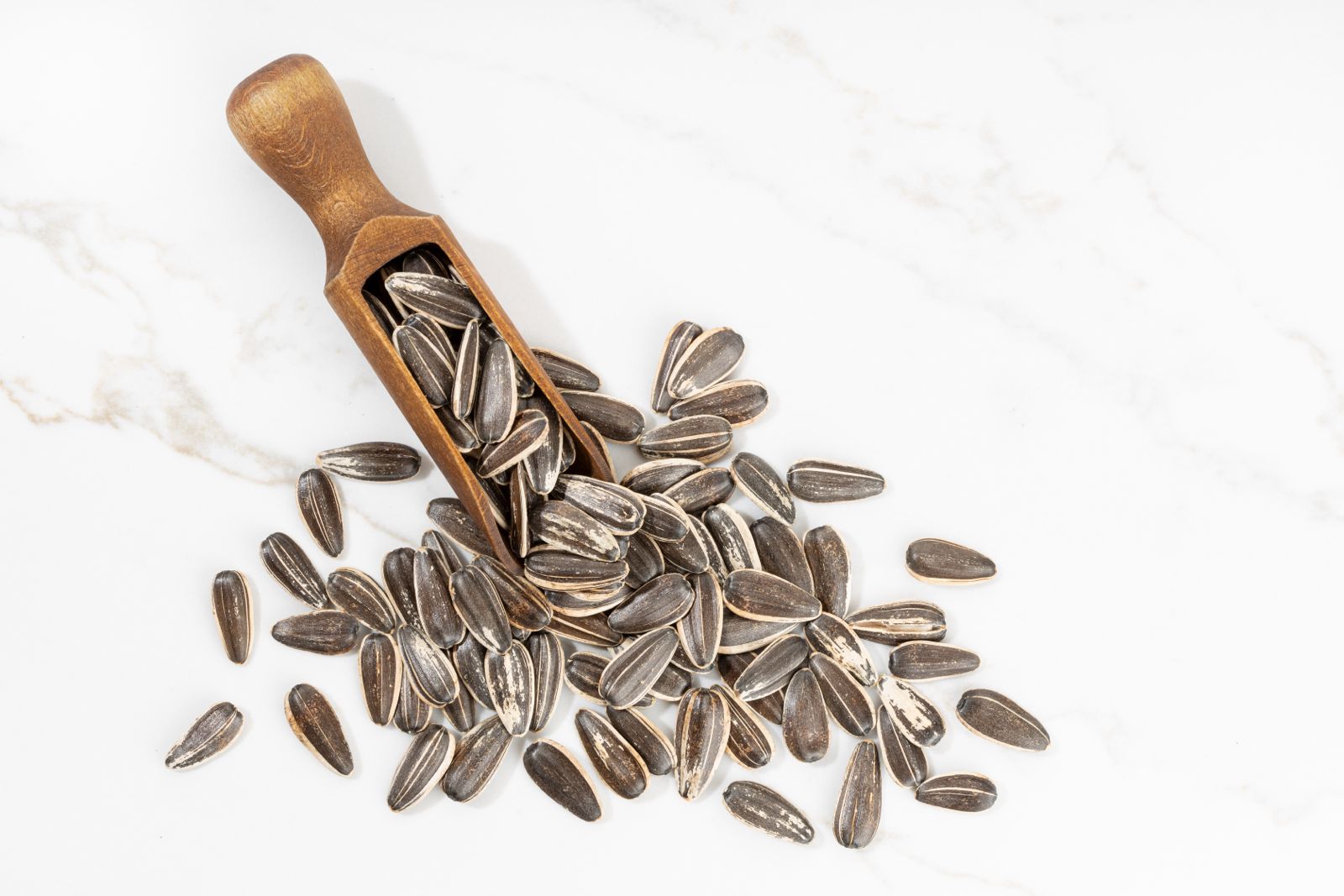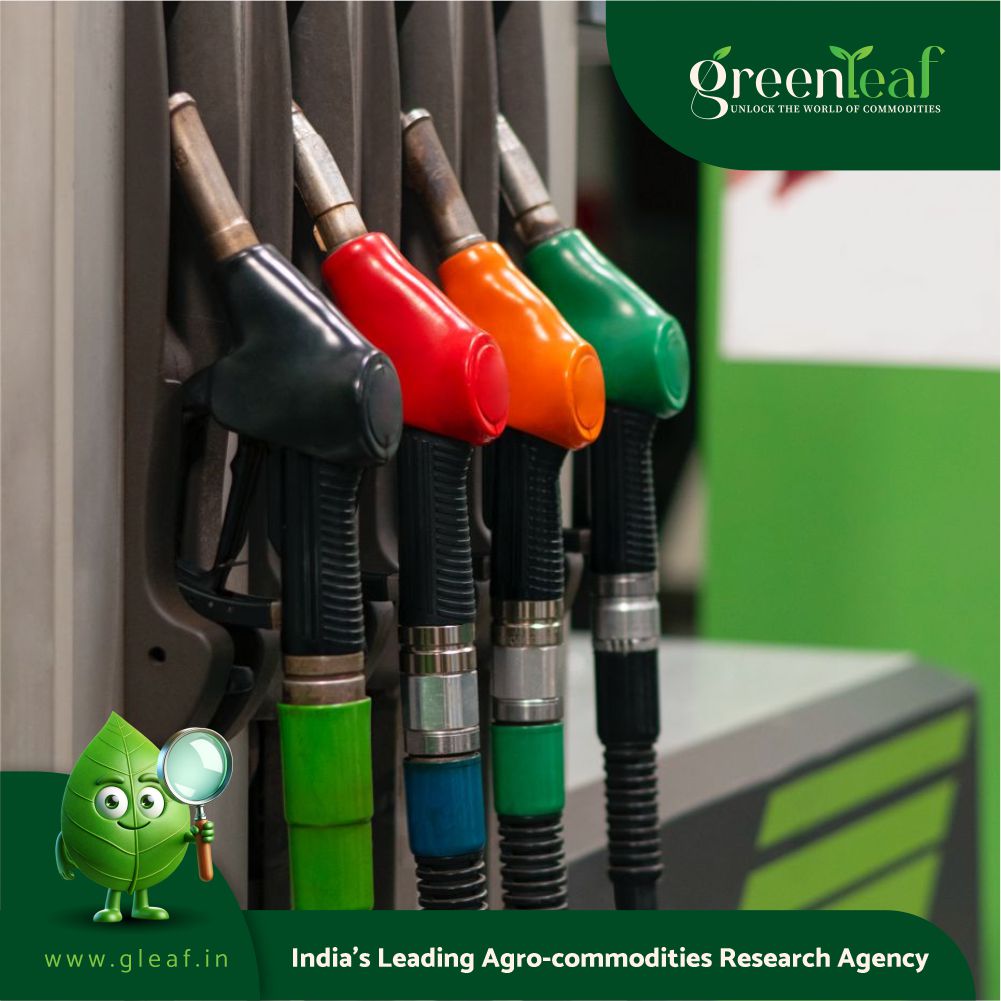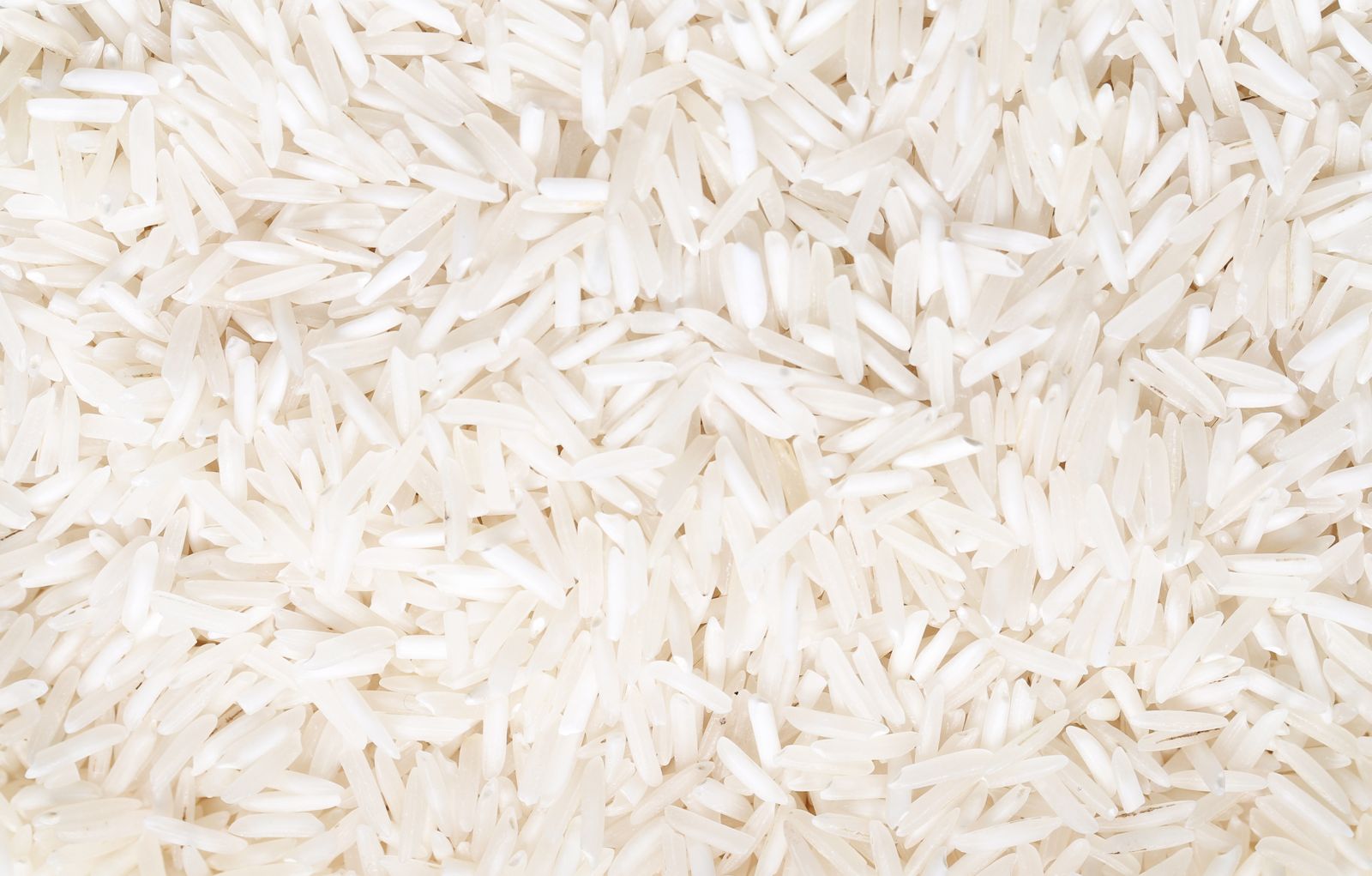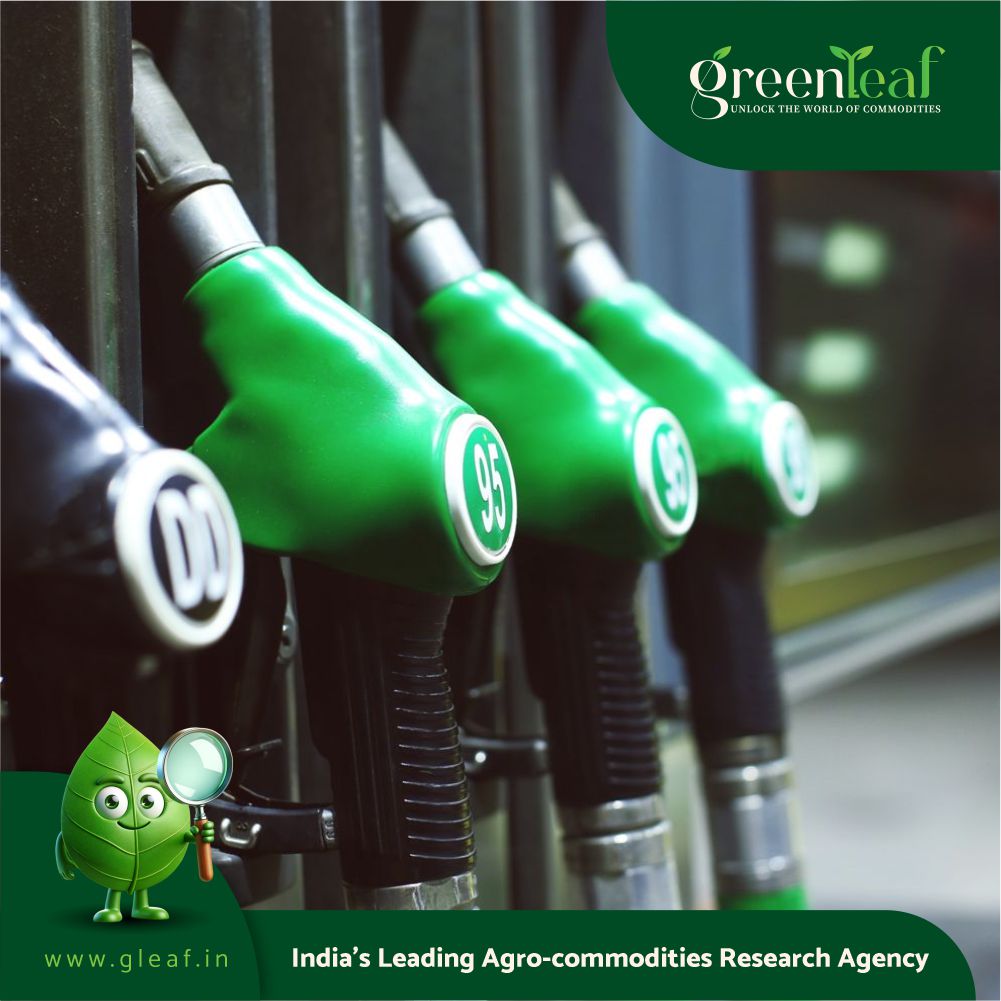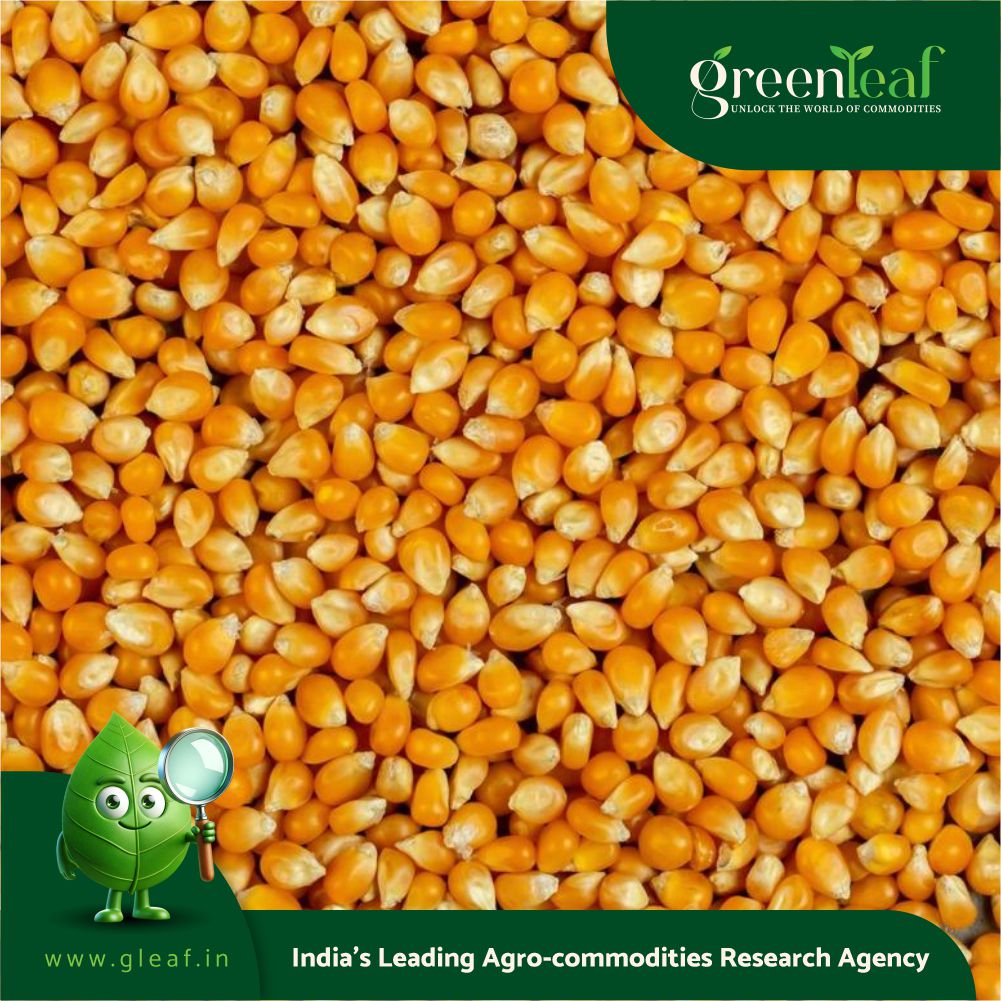Depressed edible oil prices will likely see Indian farmers choosing to grow maize in place of oilseeds like soyabean and groundnuts keeping India import-dependent for cooking oil.
India, the largest importer of edible oils, imports close to 60% of its domestic requirement. The country's pulses imports in 2024 doubled over the previous year, reaching an all-time high of 6.63 million tonnes.
"We fear that farmers will replace soyabean and tur with maize as they have not been getting proper prices for their oilseed produce," said a government official, adding that farmers are choosing to sow maize for ethanol production instead of soyabean.
The government's promise to procure 100% of pulses produce is likely to encourage farmers to opt for tur, the official added.
The government fixed a minimum support price (MSP) of ₹4,892 per quintal for soyabean, but since the start of the new marketing year in October 2024, prices have been 10% to 20% below this level.
"Despite cooking oil prices being relatively higher than last year, soyabean prices have ruled below the MSP because of low realisation from the soyabean meal," said Atul Chaturvedi, executive chairman, Asian Palm Oil Alliance, adding that starting procurement early can help the farmers realise the minimum support price, encouraging them to opt for the oilseed.
"And the realisations from soyabean meal are low as the prices of DDGS (distillers dried grain soluble), a byproduct of crushed maize, has suppressed the prices of soyabean meal got from soyabean crushing."
Area under soyabean is 2% less, and that under tur down 5% as on June 20 compared to last year.
This has prompted agriculture minister Shivraj Singh Chouhan to engage with farmers in key producing states-Madhya Pradesh, Rajasthan and Maharashtra-promising to help them increase productivity, which has been stagnant for some time.
Chouhan promised farmers more research on increasing per hectare productivity, genome editing for improved seed varieties, new techniques to prevent root rot and mechanisation due to labour shortages.
Chouhan's ministry has also proposed to the petroleum ministry that oversees ethanol production to limit sowing of maize in sugarcane growing areas without compromising on the acreage of other crops such as soybean and pulses.
After the government's push to divert maize for biofuel, all India average prices of maize surged from ₹14,000-15,000 to ₹24,000-25,000 per tonne in the last four years, largely attributable to the government's ethanol-blended petrol programme.

